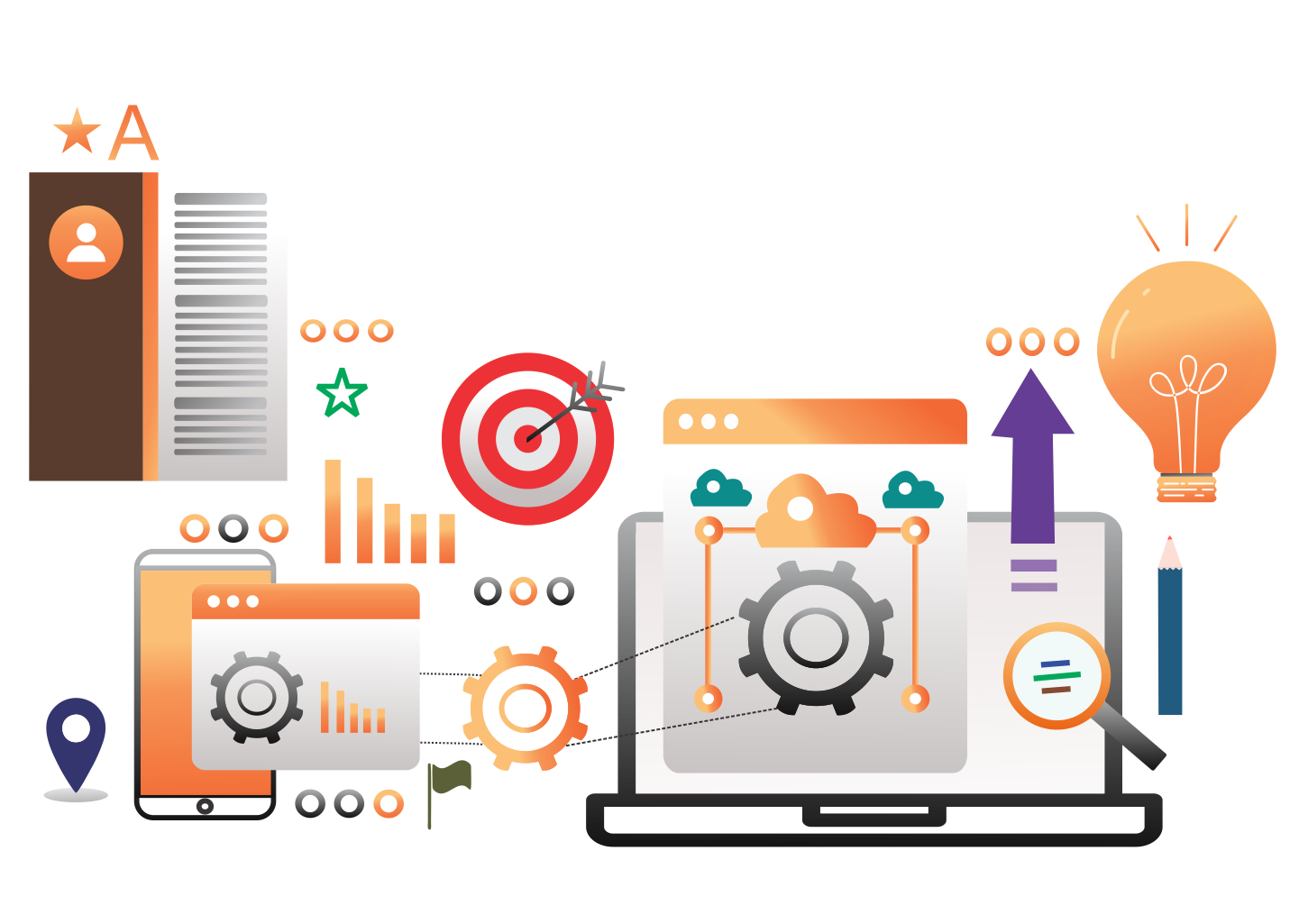In today’s fast-paced business environment, companies are under increasing pressure to streamline operations, cut costs, and stay ahead of competitors. To achieve these goals, more organizations are turning to priority outsourcing—a strategic approach to outsourcing essential but non-core functions to specialized providers. By leveraging priority outsourcing services, businesses can focus on their primary objectives, increase productivity, and achieve measurable growth. Let’s explore the power of priority outsourcing, how it works, and the benefits it offers to companies looking to optimize their operations and scale efficiently.
What Is Priority Outsourcing?
Priority outsourcing refers to the selective outsourcing of specific tasks, functions, or processes deemed essential but not central to the core business mission. Unlike general outsourcing, which can cover various non-critical tasks, priority outsourcing is focused on areas that directly impact business efficiency and productivity. This approach is often used for functions such as customer support, payroll management, IT services, and marketing, which require specialized expertise but are not the primary value drivers of the business.
With priority outsourcing services, companies can achieve:
- Cost Reduction: Outsourcing reduces the need for in-house resources, cutting overhead costs.
- Enhanced Focus: By offloading secondary functions, internal teams can focus on core competencies and strategic goals.
- Access to Expertise: Partnering with outsourcing providers grants access to specialized skills and technologies that might otherwise be costly or time-consuming to acquire internally.
Key Benefits of Priority Outsourcing for Businesses
Priority outsourcing offers several unique advantages, enabling businesses to operate more efficiently and effectively. Here are some of the primary benefits:
- Improved Cost Efficiency
One of the main drivers of priority outsourcing is cost savings. By outsourcing tasks to specialists, companies can avoid the costs associated with hiring, training, and maintaining in-house staff for roles that aren’t central to their primary operations. This cost-effective approach allows businesses to allocate resources to high-impact areas without sacrificing quality. - Increased Focus on Core Business Functions
Priority outsourcing services allow businesses to concentrate on their core competencies, dedicating more time and resources to what makes them unique in the market. By outsourcing essential but non-core functions, companies can streamline their internal operations and ensure that key personnel focus on growth initiatives. - Access to Specialized Expertise and Technology
Partnering with a priority outsourcing provider brings in specialized expertise that would otherwise require significant investment to develop internally. These providers have trained personnel and cutting-edge technology to perform specific functions efficiently. For instance, an IT outsourcing firm will have access to the latest technology trends, cybersecurity measures, and software solutions, which can be costly for individual companies to maintain on their own.
Common Areas for Priority Outsourcing
Priority outsourcing services can be applied across various functions, depending on a company’s unique needs. Here are some of the most common areas where businesses turn to priority outsourcing to streamline operations:
- Customer Service and Support
Customer service is a critical function but can be resource-intensive. By outsourcing customer support to a priority outsourcing provider, businesses can ensure their customers receive timely, professional assistance, often with the added benefit of 24/7 service availability. Outsourcing providers use advanced CRM tools, chatbots, and analytics to handle customer inquiries efficiently, enhancing the overall customer experience. - IT Services
The IT department is vital for business continuity but can be costly to manage in-house. IT outsourcing allows companies to access skilled technicians and technology solutions, such as cybersecurity, network maintenance, and software development, without the associated costs of an internal IT team. Priority outsourcing services in IT can also provide continuous support, ensuring quick resolution of technical issues that could otherwise disrupt operations. - Human Resources and Payroll
Managing payroll, benefits, and compliance with employment regulations can be overwhelming, especially for small to medium-sized businesses. HR outsourcing providers take care of these administrative functions, ensuring that payroll is processed accurately and on time, and that employee benefits are properly managed. This frees up time for internal HR teams to focus on strategic talent development initiatives. - Accounting and Financial Management
Finance is another area where outsourcing can yield significant benefits. Priority outsourcing for accounting tasks such as bookkeeping, tax preparation, and financial reporting allows businesses to leverage expert financial services. By outsourcing these functions, companies can ensure compliance, gain access to insightful financial analysis, and improve cash flow management. - Digital Marketing and Social Media Management
In the digital age, effective online marketing is essential, but it requires a level of expertise that can be challenging to maintain in-house. Digital marketing outsourcing allows companies to tap into professional SEO, content creation, social media management, and online advertising without the high costs of an in-house team. This approach enables businesses to stay competitive and maximize their online presence.
Choosing the Right Priority Outsourcing Partner
Selecting a reliable outsourcing partner is crucial for maximizing the benefits of priority outsourcing. Here’s what to consider when choosing a priority outsourcing provider:
- Experience and Expertise
- Technology and Tools
- Service Level Agreements (SLAs)
- Scalability
Transform Your Business with Priority Outsourcing
In today’s competitive landscape, leveraging priority outsourcing services can transform the way your business operates, providing flexibility, access to expertise, and cost savings. By entrusting essential but non-core functions to skilled providers, you can free up valuable resources, improve operational efficiency, and focus on driving growth.








